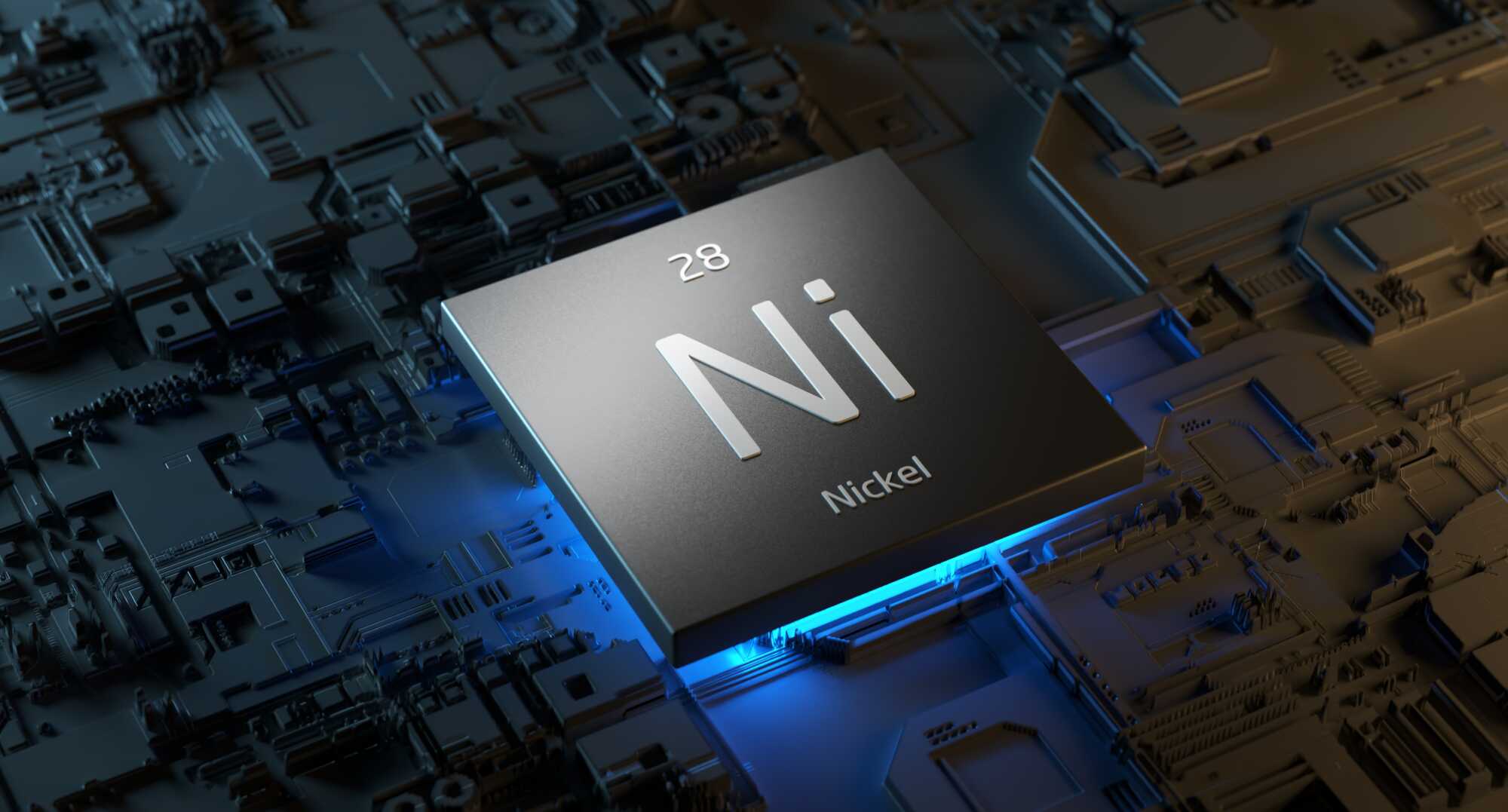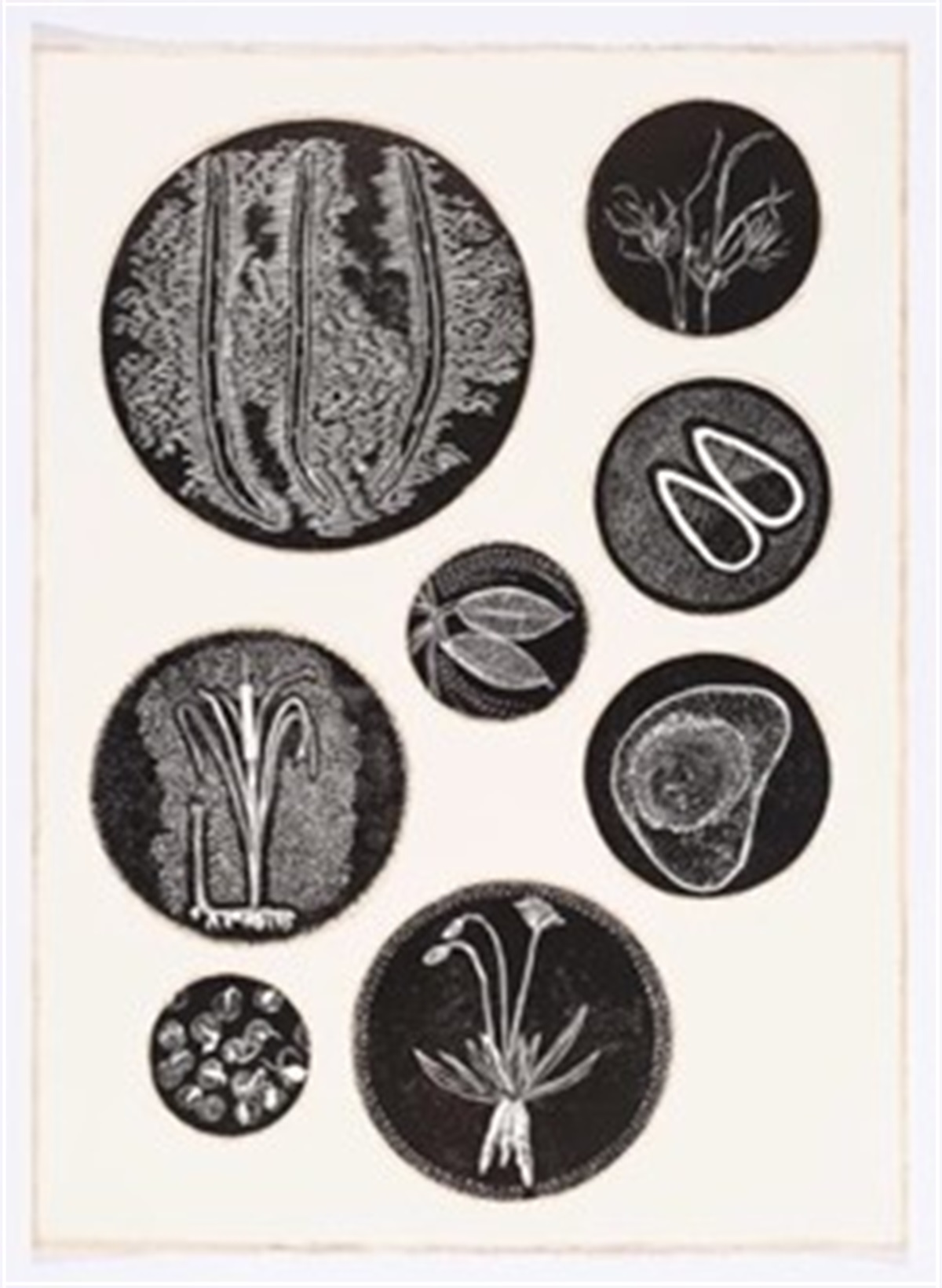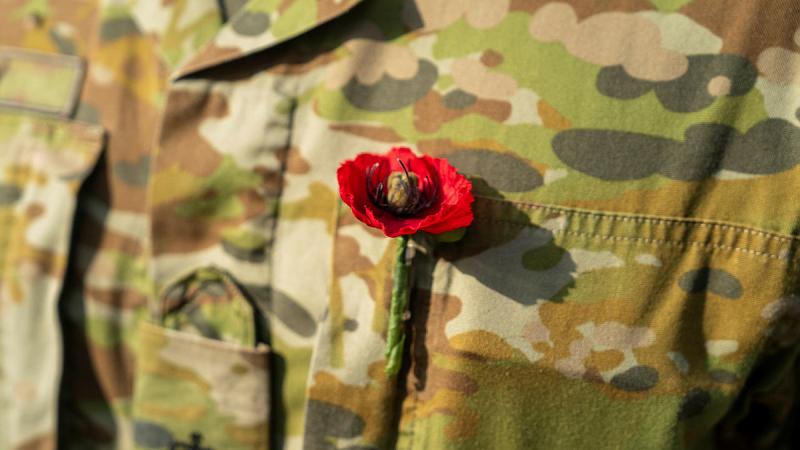Note: A complete summary of today’s Security Council meeting on Haiti will be made available after its conclusion.
Briefings
MARÍA ISABEL SALVADOR, Special Representative of the Secretary-General and Head of the United Nations Integrated Office in Haiti (BINUH), reported that some progress had been made on the political situation since her last briefing two and a half month ago. She also recalled that 7 July marks the second anniversary of the assassination of President Jovenel Moïse, which submerged Haiti into a deeper political crisis. Highlighting the Caribbean Community (CARICOM) initiative in June that took place in Jamaica with Haitian stakeholders, she stressed that Haiti’s Prime Minister, Ariel Henry, committed to changes in the Cabinet to make it politically more inclusive, to the enlargement of the High Transitional Council and to expediting the submission of candidates for the Provisional Electoral Council. Expressing hope that these commitments soon materialize, she pledged her continuing support towards dialogue initiatives on the way forward.
Turning to the Secretary-General’s recent visit to Haiti, she also noted his unwavering support for the deployment of a “robust international force” to assist the Haitian National Police. Although there is widespread backing for the deployment of such a force, she noted that discussions regarding the presence of an international force could elicit mixed reactions. However, she, herself, has heard appeals for this international security support. The robust international force must complement and strengthen, not replace, the Haitian National Police, in full respect for Haiti’s national sovereignty. In addition, at the CARICOM Heads of State meeting this week in Trinidad and Tobago, when discussing Haiti, the Secretary-General reiterated the urgent need for a “robust international force authorized by the Security Council” and reiterated his call earlier today.
While the political transition and the fight against gangs should remain on separate tracks, the two are inextricably linked, she stressed. Improved security and continuous political dialogue would bring about the possibility to hold elections, which is a critical step on the path to re-establishing democratic institutions and elected officials at all levels of Government. The dire security situation in Haiti has gotten worse and violence continues and has intensified, moving beyond Port-au-Prince. The appearance of vigilante groups adds another layer of complexity. Since April, BINUH has documented the killing of at least 264 alleged gang members by vigilante groups. Sexual violence continued to be used by gangs to terrorize and inflict pain on populations and neighbourhoods under the control of rivals. The humanitarian situation is increasingly grim and likely to deteriorate even further. Lastly, she asked for a renewal of BINUH’s mandate and requested that the mission is adequately resourced to effectively and efficiently deliver its mandate to help Haiti out of these crises.
…








